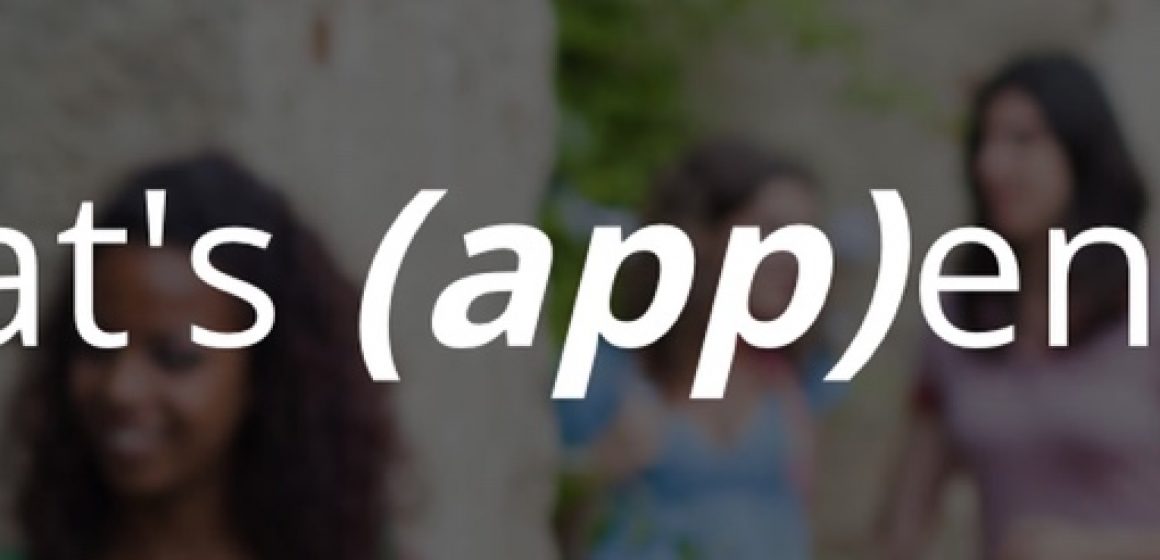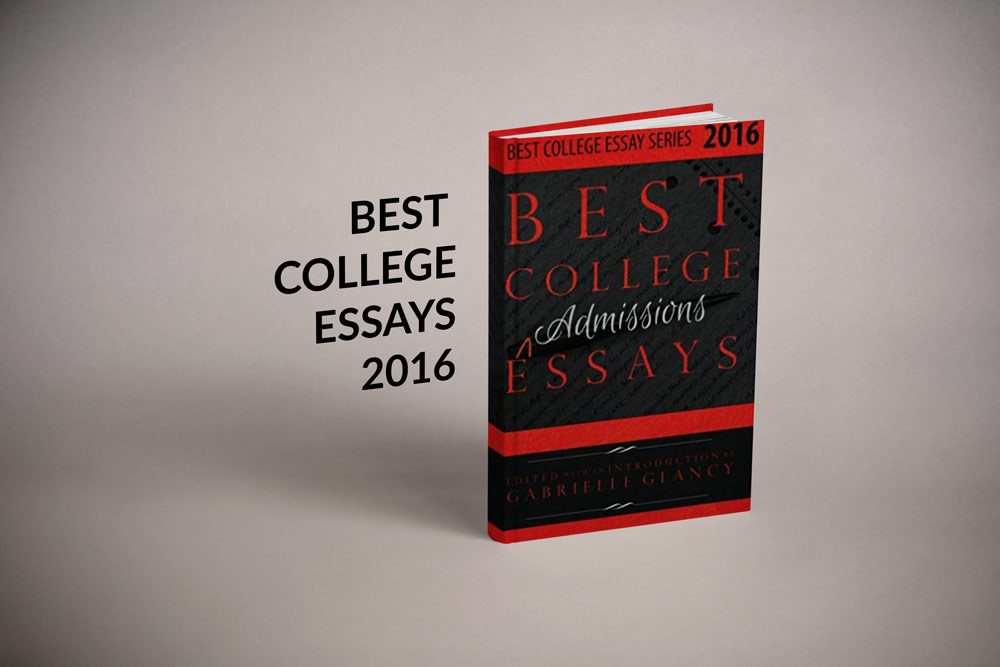UCAS Vs. Common App?
I am posting this in response to the many questions I get regarding the differences between the Common App essay and the essay for UK schools (UCAS). Indeed, they are different creatures!
The Common App asks you to tell a story. UCAS asks you to describe your experiences. They are asking for two very different things.
The Common App, with its personal, exploratory, emotional prompts asks you to tell a story about yourself (in 650 words or less) from which the admissions committee can get a “feel” for what you’re like as a person and a student, and for whether you’re a good fit for their school. In this essay, it’s important to immediately engage the (very bored) reader, in lively prose, with candid reflection, vivid description and an honest expression of who you are. You are not being asked to speak about your accomplishments, awards and honors, not even about your related work or study experiences.
You could write about anything, as long as your essay reflects the “true” you in a way that shows you know how to write.
You’ll see what I mean when you read the prompts:
1. Some students have a background, identity, interest, or talent that is so meaningful they believe their application would be incomplete without it. If this sounds like you, then please share your story.
2. The lessons we take from obstacles we encounter can be fundamental to later success. Recount a time when you faced a challenge, setback, or failure. How did it affect you, and what did you learn from the experience?
3. Reflect on a time when you questioned or challenged a belief or idea. What prompted your thinking? What was the outcome?
4. Describe a problem you’ve solved or a problem you’d like to solve. It can be an intellectual challenge, a research query, an ethical dilemma – anything that is of personal importance, no matter the scale. Explain its significance to you and what steps you took or could be taken to identify a solution.
5. Discuss an accomplishment, event, or realization that sparked a period of personal growth and a new understanding of yourself or others.
6. Describe a topic, idea, or concept you find so engaging that it makes you lose all track of time. Why does it captivate you? What or who do you turn to when you want to learn more?
7. Share an essay on any topic of your choice. It can be one you’ve already written, one that responds to a different prompt, or one of your own design.

On the other hand, the UCAS essay asks you to reflect on your accomplishments, area of interest, work experience, goals and aspirations (in 4000 characters or less). It’s a much more straightforward style. You don’t have to worry about “showing” the admissions committee what you’re like, only in “telling” them what you have done, why it was important to you, and what you plan to do in the future.
Here are the guidelines UCAS puts forth to help you write their essay:
Why are you applying for your chosen course(s)?
Why does this subject interest you?
Why do you think you’re suitable for the course(s)?
Do your current or previous studies relate to the course(s) that you have chosen?
Have you taken part in any other activities that demonstrate your interest in the course(s)?
Universities like to know the skills you have that will help you on the course, or generally with life at university.
List these skills here and any supporting evidence to back up why you are so excited about the courses you have chosen.
Include any other achievements you’re proud of, positions of responsibility that you hold or have held both in and out of school, and attributes that make you interesting, special or unique.
Include details of jobs, placements, work experience or voluntary work, particularly if it’s relevant to your chosen course(s). Try to link any experience to skills or qualities related to the course.
If you know what you’d like to do after completing the course, explain how you want to use the knowledge and experience that you gain.
It’s useful, if you haven’t already, to google sample winning Common App essays and do the same for UCAS. You could also take a look at Best College Admissions Essays 2016 for some excellent Common App examples. Note: Best College Essays 2018 should be out in early October.

